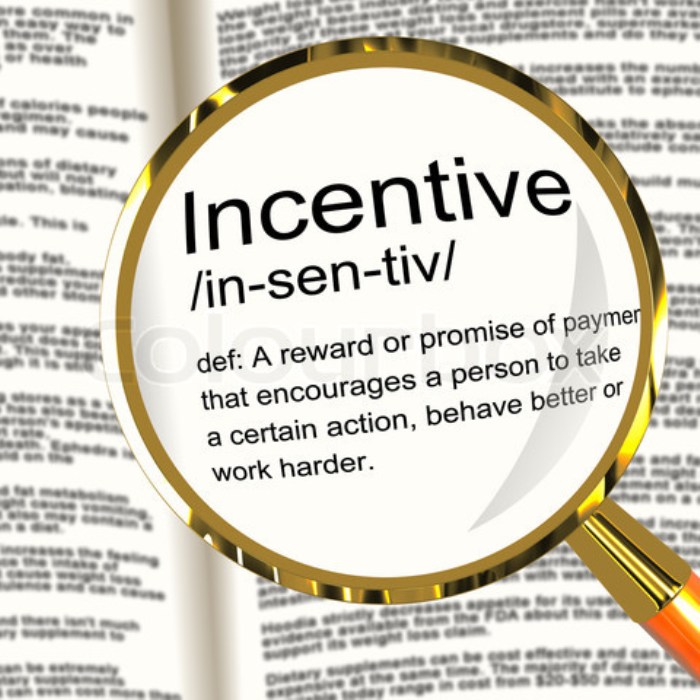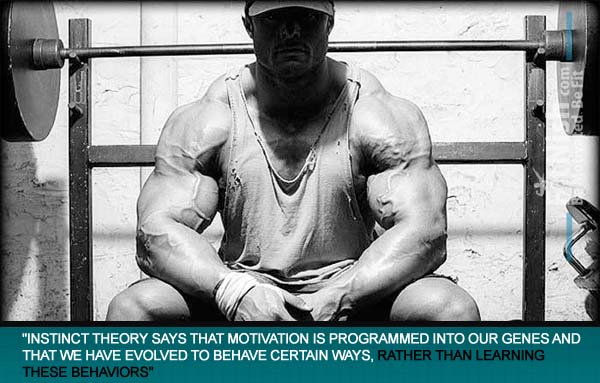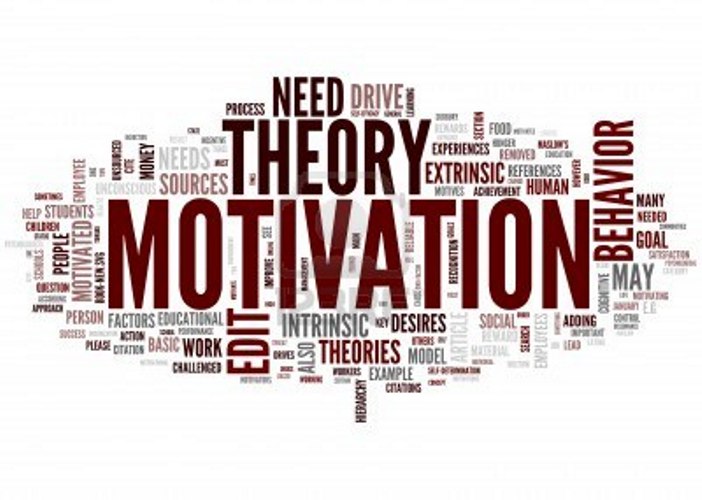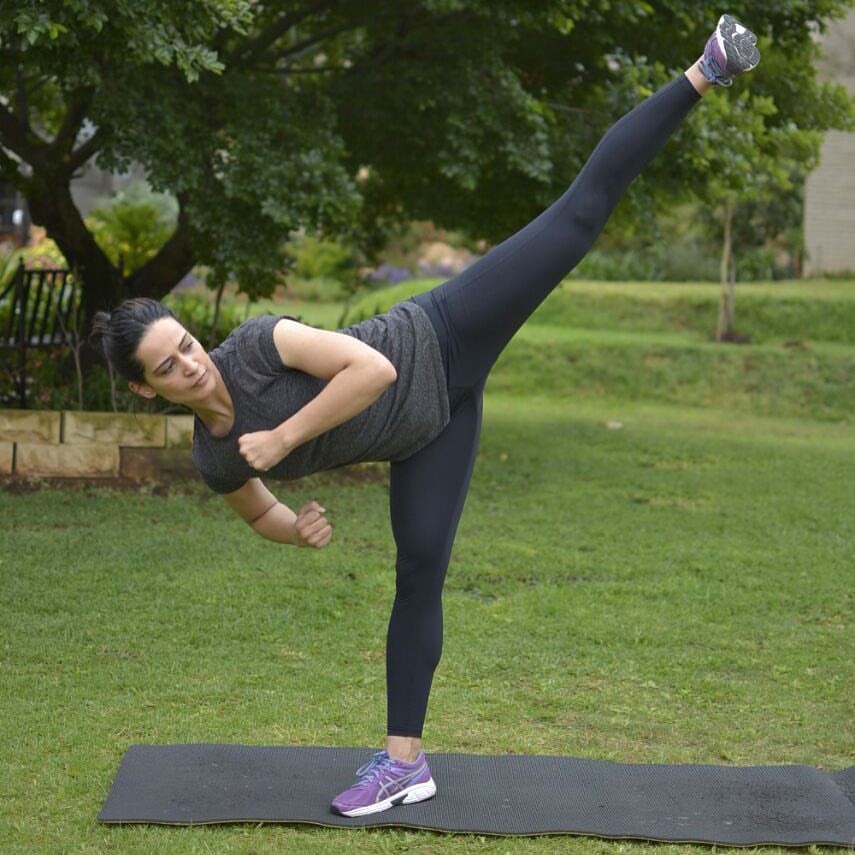
The main thing holding many people back from achieving their fitness, sports and training goals is motivation. Wanting something and actually being motivated to get up and get it are two very different things.
One way to overcome this obstacle is to really understand the various theories of motivation and the psychology behind them and how they relate to health, fitness and bodybuilding.
Motivation was something William James; renowned as the ‘father of American psychology’ in the early 1900s; came up with five theories of motivation:
- Incentive
- Humanistic
- Instinct
- Arousal
- Drive
Let’s turn these theories into 5 ways you can get yourself even more motivated, or even figure out why you’re not.

The Incentive Theory
This is a popular theory amongst economists, but it’s also relevant to bodybuilding and fitness. Basically, when there is an external incentive for doing something, people are more likely to do it. For bodybuilding, that means the things you stand to gain. Being stronger, healthier and more physically attractive. Focus on those incentives, and you’ll find yourself doing a lot more.
The Humanistic Theory
This theory ties in with Maslow’s Hierarchy of Needs. The hierarchy of needs essentially explains that first and foremost, at the top of the hierarchy, humans need food, shelter, love, esteem and safety. Once, and only once, those are fulfilled, we’re able to focus on secondary needs like fulfilling our potential in other areas of life and self-actualization.
Start to treat your bodybuilding as a primary need, something that your body absolutely requires, rather than a separate pursuit.
The Instinct Theory
Instinct theories of motivation were popular at one point but they fell out of favour nearly a century ago. Instinct theory says that motivation is programmed into our genes and that we have evolved to behave certain ways, rather than learning these behaviors. Try having some model bodybuilders to look up to, and think about bodybuilding as the thing which will help you in your endeavors: romantic, communal, or even financial. You’ll find the draw of the gym will be a lot stronger.

The Arousal Theory
There are different levels of arousal that we feel. After a busy day, you may seek quiet time. After a boring day, you’ll likely want to do something exciting. This is our body finding motivation based on maintaining a good balance of arousal.
When your arousal levels are too low, that’s a great time to exercise and get your heart rate up. Exerting yourself physically will raise your levels of arousal. When those levels are too high, however, that’s a good time to focus on other areas of your health, for example cooking a meal that’s focused on your diet, and sitting down to enjoy it without any distractions.
Be aware of your arousal levels and act accordingly.
The Drive Theory
This theory suggests that we’re simply motivated by a drive to reduce the discomfort we feel from not having certain needs met, for example the drive that makes us seek warmth when we are cold. Some people have a lot of drive in the gym, whereas others seem to be lacking it.
If you treat your fitness like an absolute necessity, like eating when you’re hungry and drinking when you’re thirsty, you may be able to find the drive you’re looking for. This is something that tends to come naturally when you have a good rhythm going. Make working out a regular part of your daily pattern, and your body will being to itch for the gym on its own.

Final Thoughts On Theories of Motivation
Keep in mind that different people will find their motivation from different places, and some theories may apply to you while others just don’t. They are theories, after all. At the end of the day, you’ll need to find where your own motivation for bodybuilding and physical fitness comes from.
Having a better understanding of various motivational theories however, can hopefully help you to understand yourself, your mind, and how you can improve.
Author
This article was compiled and written by Johnny Peters.
- Contact: johnny.peters[at]hotmail.com













